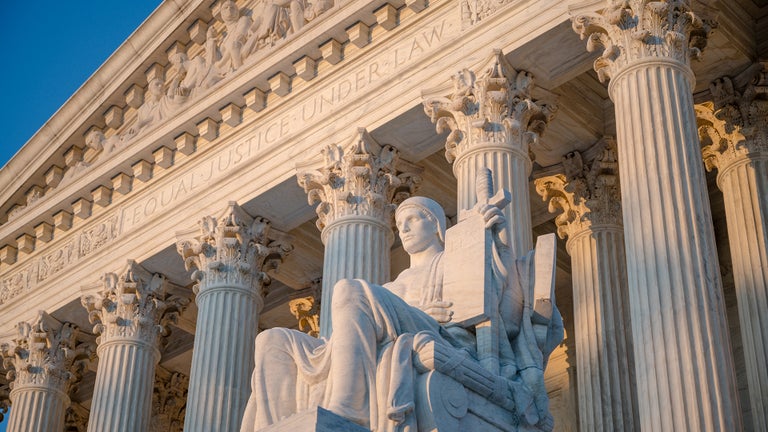In a landmark decision, the United States Supreme Court, led by Justice Sotomayor, recently ruled in Murray v. UBS Securities, LLC, on a critical aspect of whistleblower protection under the Sarbanes-Oxley Act (SOX).
The case involved a research strategist terminated by UBS Securities, LLC, who alleged retaliation for whistleblowing activities. The central issue revolved around whether whistleblowers needed to prove retaliatory intent by their employer to be protected under SOX. This ruling significantly impacts the burden of proof for both employees and employers in whistleblower retaliation cases.
Background:
The Sarbanes-Oxley Act, enacted in 2002 following financial scandals, includes provisions safeguarding whistleblowers from employer retaliation. Section 806, codified at 18 U.S.C. § 1514A, prohibits publicly traded companies from retaliating against employees for whistleblowing. The Supreme Court, in Lawson v. FMR, extended these protections to employees of non-public contractors and subcontractors.
Ruling:
In Murray v. UBS Securities, LLC, the Court clarified that whistleblowers need not demonstrate retaliatory intent to prevail under SOX. Instead, they must show that their protected activity was a “contributing factor” in the adverse employment action. The burden then shifts to the employer to prove, by clear and convincing evidence, that the action would have occurred regardless of the whistleblowing.
Significance of Decision:
This decision establishes a lower burden of proof for whistleblowers alleging retaliation, enhancing their protections under SOX. Conversely, it imposes a higher evidentiary standard on employers, making it challenging for them to prevail in such cases.
Implications for Employees:
Employees now have a clearer path to seek redress for retaliation under SOX. They only need to demonstrate that their whistleblowing contributed to the adverse action, rather than proving retaliatory intent. This empowers employees to report misconduct without fear of reprisal, aligning with Congress’s intent to promote transparency and accountability in corporate governance.
Implications for Employers:
The ruling places a heavier burden on employers defending against whistleblower retaliation claims. They must provide clear and convincing evidence that the adverse action would have occurred irrespective of the whistleblowing. This necessitates thorough documentation and justification for employment decisions, especially when whistleblowing is involved.
Role of Circumstantial Evidence:
While the decision alleviates the requirement for direct proof of retaliatory intent, it underscores the importance of circumstantial evidence in assessing employer conduct. Employers can still present evidence to counter whistleblower claims, contributing to a comprehensive evaluation of the circumstances surrounding the adverse action.
Policy Considerations:
The Court emphasized Congress’s intent in adopting the contributing factor framework, prioritizing whistleblower protection in industries where public health and safety are at stake. This underscores the need for a robust legal framework that encourages whistleblowing and holds employers accountable for retaliatory behavior.
Practical Guidance for Employers:
Employers should exercise caution in making employment decisions involving whistleblowers or whistleblower complaints. They must ensure compliance with SOX and other anti-retaliation statutes, including thorough documentation of performance issues and adherence to established protocols for handling complaints.
Conclusion:
The Supreme Court’s decision in Murray v. UBS Securities, LLC, clarifies the burden of proof in whistleblower retaliation cases under SOX. By affirming the contributing factor standard, the Court strengthens protections for whistleblowers while imposing a significant evidentiary burden on employers. This underscores the importance of fostering a culture of transparency and accountability in corporate environments, with implications for both employees and employers navigating whistleblower issues under SOX.

